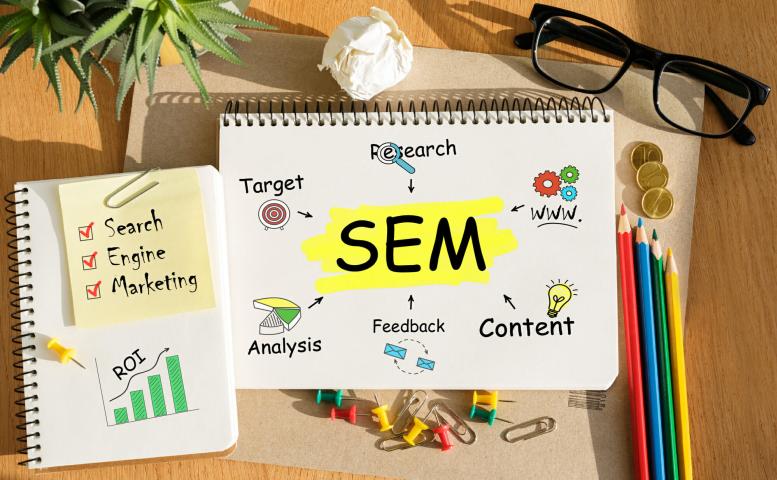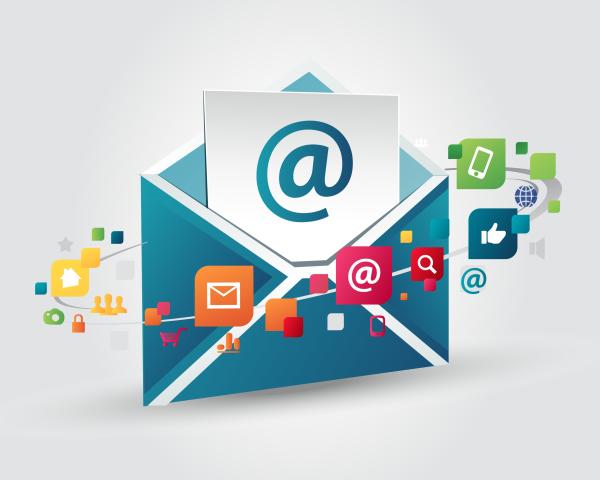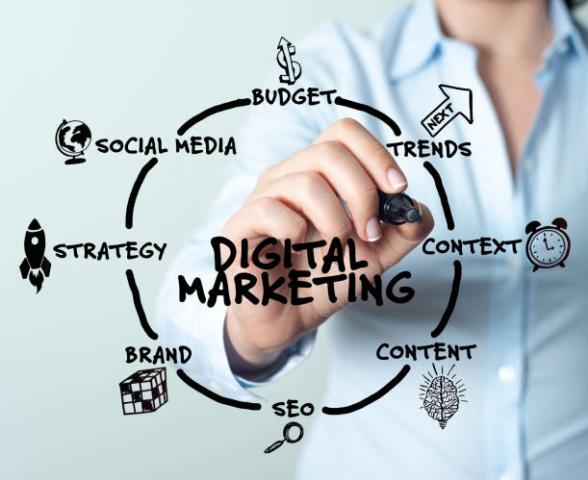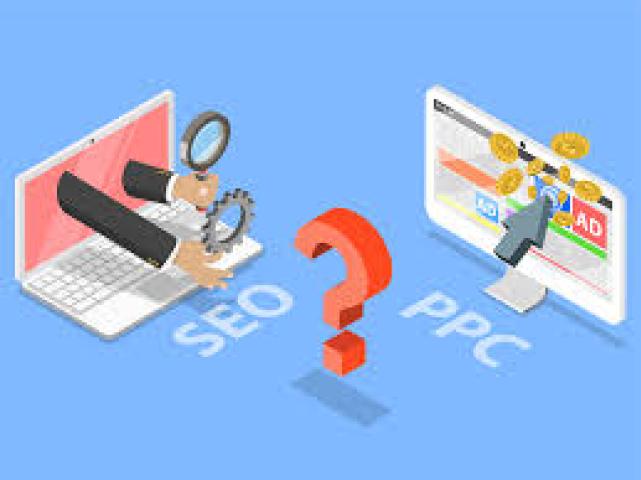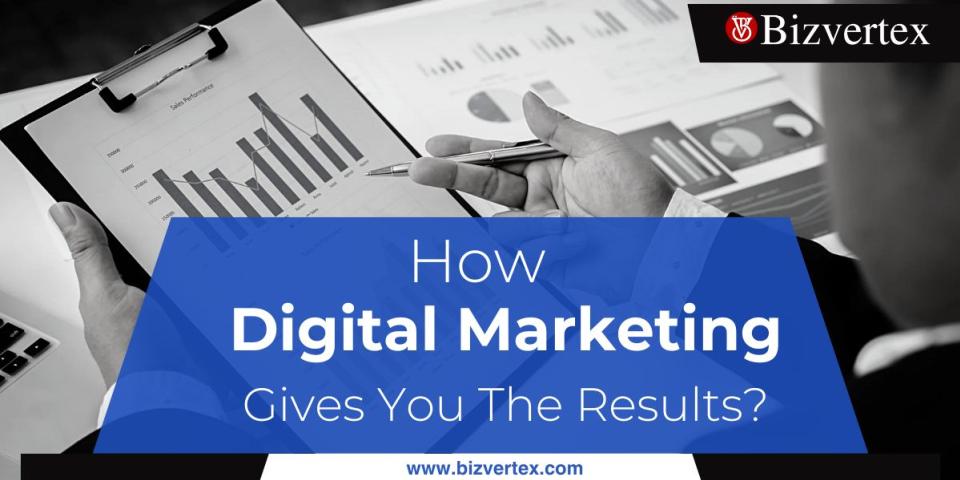The rise of artificial intelligence (AI) has fundamentally transformed the landscape of marketing, creating a paradigm shift that has redefined how businesses reach and engage with their audiences. For startups, understanding the implications of this shift is critical, as AI-driven technologies are now becoming essential tools for success in an increasingly competitive market. Gone are the days when marketing relied solely on intuition and traditional strategies; today, data-driven insights, automation, and machine learning are at the heart of modern marketing campaigns.
AI has revolutionized the way marketers approach their audience by enabling unprecedented levels of personalization. Through AI, companies can analyze vast amounts of customer data, such as browsing habits, purchase history, and social media interactions, to create highly tailored marketing messages. This level of precision allows businesses to engage with customers at exactly the right moment, delivering content that resonates on a personal level. For startups, leveraging AI to deliver targeted, personalized marketing can significantly improve customer acquisition and retention, setting them apart from competitors still relying on outdated approaches.
Automation is another key factor in the AI-driven marketing revolution. Tasks that were once time-consuming, such as email marketing, content creation, and social media management, can now be automated with AI tools. This not only saves valuable time for marketing teams but also ensures that campaigns are executed with greater accuracy and consistency. Startups, which often have limited resources, can particularly benefit from AI-powered automation by optimizing their marketing efforts and allowing their teams to focus on higher-level strategic decisions rather than routine tasks.
One of the most impactful changes AI has brought to marketing is the ability to make data actionable in real-time. Machine learning algorithms can analyze customer behavior and market trends in real-time, allowing businesses to adapt their strategies quickly and stay ahead of the competition. Startups can utilize AI-powered analytics to gain deeper insights into their target audience, track the performance of campaigns in real-time, and make data-driven decisions that lead to more effective outcomes. This agility is crucial in a fast-paced digital environment where customer preferences and market dynamics can change rapidly.
AI has also redefined content marketing by enabling the creation of optimized content at scale. Through natural language processing (NLP) and AI-driven content generation tools, businesses can produce high-quality content faster than ever before. From writing blog posts to generating product descriptions, AI has become an indispensable tool for content creation. This allows startups to maintain a steady flow of content without the need for large teams of writers. Additionally, AI tools can help optimize content for search engines by analyzing keywords, trends, and user behavior, making it easier for startups to improve their SEO performance and gain visibility.

AI has transformed the customer journey by improving customer service and support. Chatbots and virtual assistants powered by AI are now common in marketing strategies, offering real-time assistance and personalized recommendations to customers. For startups, implementing AI-powered chatbots can enhance the customer experience, provide immediate responses to inquiries, and even guide users through the sales funnel. This not only improves customer satisfaction but also allows startups to manage customer interactions more efficiently without the need for a full-time customer support team.
However, the shift towards AI in marketing also comes with challenges. Startups need to ensure that their AI tools are used ethically, particularly when it comes to handling customer data. Privacy concerns and the potential for AI-generated content to feel impersonal are issues that must be addressed to maintain trust with customers. Striking the right balance between automation and human interaction will be key for startups looking to build meaningful, long-term relationships with their audience.
The rise of AI has reshaped the marketing landscape, offering startups new opportunities to enhance their marketing strategies through automation, personalization, and real-time insights. By embracing AI-driven marketing tools, startups can not only increase efficiency and optimize their campaigns but also deliver highly targeted and engaging experiences to their audience. As AI continues to evolve, it will remain a vital component of successful marketing strategies, driving innovation and reshaping the way businesses connect with consumers.






